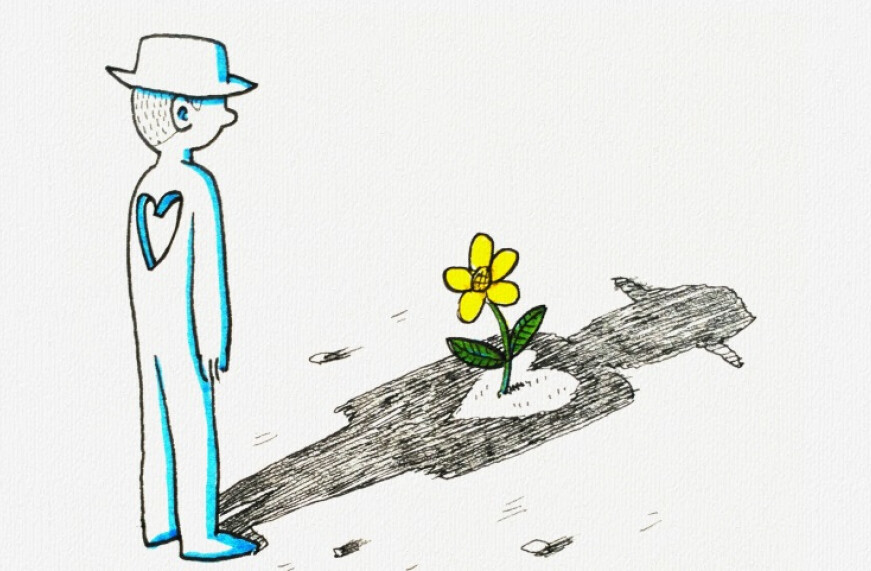A Season of Transformation

The most holy season of Lent is one of my favorite liturgical seasons. We begin on Ash Wednesday, signed with a reminder of our mortality and repentance. We enter into the desert with Jesus for 40 days, praying, fasting and giving alms so that we can rise on Easter Sunday one step father away from sin and closer to Jesus. Lent challenges us with the question “what are you going to work on or eliminate from your life that will help you to know Jesus more personally come Easter?”
When I was little, my mom would have my brothers and I make caterpillars during Lent out of pompoms. We could decorate them any way we wanted and when we were done they would each get placed in a brown paper bag, their cocoon, only to be seen again on Easter Sunday. Miraculously, on Easter Sunday when we awoke, our caterpillars had turned into beautiful butterflies hanging over the dining room table, complete with felt wings perfectly shaped! Although this was a simply craft, it holds a beautiful significance for Lent and Easter. We begin Lent by entering into the cocoon with Jesus where he transforms us so that on Easter Sunday we rise changed. I encourage you to spend some time reflecting on this question: “What in me needs to be transformed so that I can rise on Easter Sunday closer to Jesus?
A good examination of conscience for this precise question is to ask, who do you let influence your life….who is leading you, teaching you what is morally right and wrong….why do you notice the splinter in your brother’s eye, but do not perceive the wooden beam in your own? We tend to be so judgmental about everyone else and what they are doing wrong. But Jesus is challenging us to stop and look at our own shortcomings and to focus on living just a little differently and a little more like Jesus to change our world. You have the power to change the world one small step at a time. Lastly, Jesus says that a tree will be known by its fruit. Lent is a time to reflect on what are the good fruits and bad fruits in my life. Where do I need to be pruned in order to bear more fruit?
Don’t let Lent pass you by without truly examining your life, so that by the grace of God you will slowly be transformed into the person God created you to be. For, we were not created to remain caterpillars, but to be transformed into beautiful butterflies bringing the message of Christ to all!


